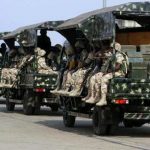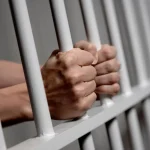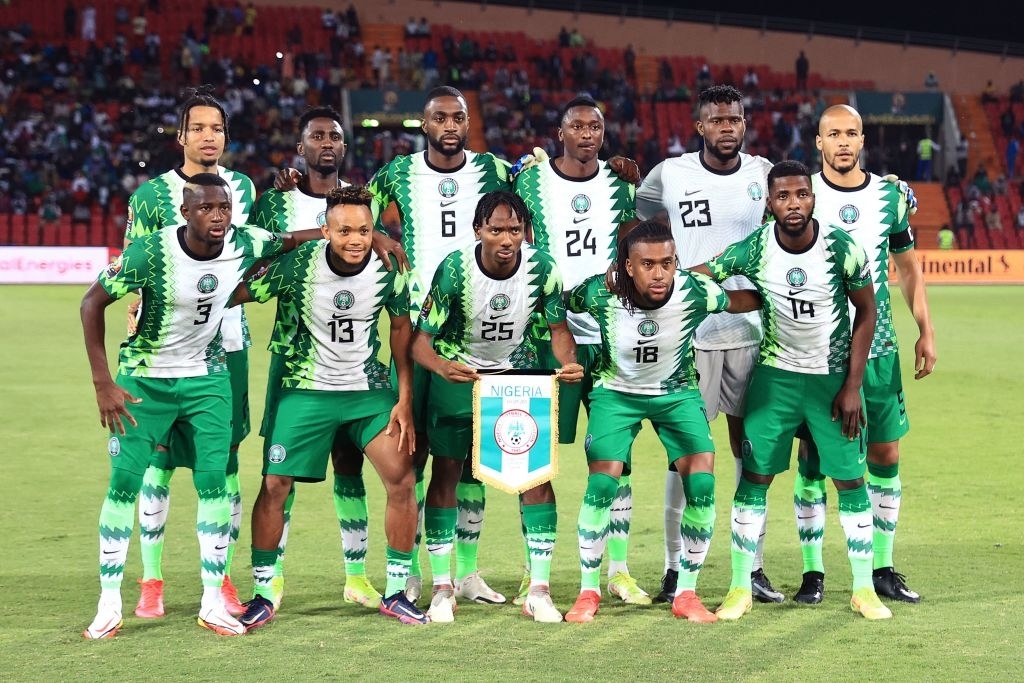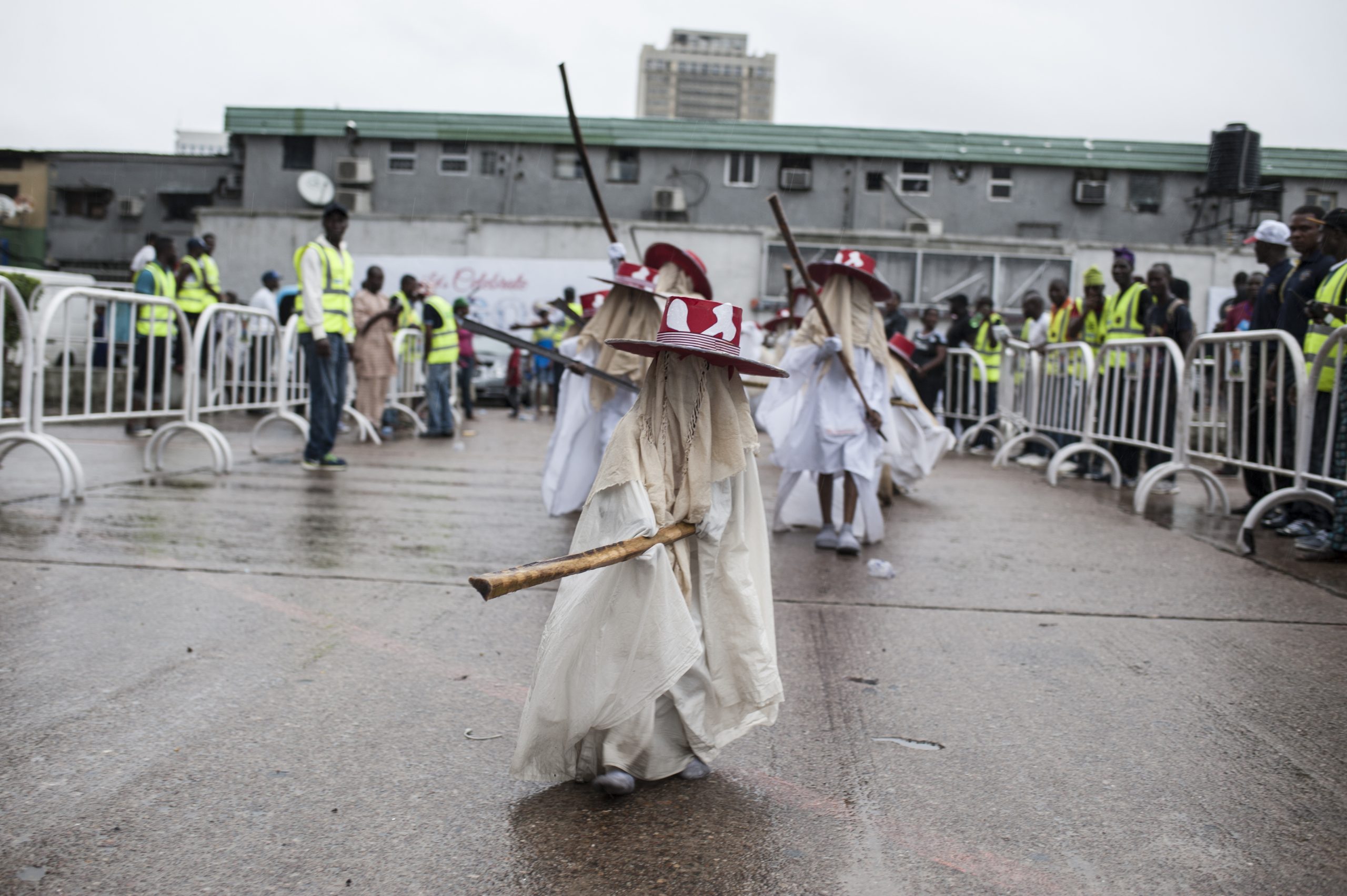General Brice Oligui Nguema, the army general who orchestrated a military coup overthrowing President Ali Bongo Ondimba last week, is set to be sworn in as the “transitional president” today, marking the end of the 55-year Bongo dynasty in Gabon.
The coup unfolded last Wednesday, shortly after the Gabonese Election Centre (CGE) had declared Bongo the winner of the presidential election, securing his third term.
According to the CGE, Bongo claimed 64.27% of the vote, while his primary challenger, Albert Ondo Ossa, came in second with 30.77%. However, the opposition labeled the election results as fraudulent.
The coup leaders asserted their control by canceling Gabon’s election results and dissolving all national institutions. General Nguema, who led the coup, has since pledged to oversee “free, transparent, credible, and peaceful elections” but has not specified a date for these polls. He also committed to establishing more democratic institutions that uphold human rights.
The coup, described as “bloodless” by General Nguema, has not received international recognition, and there is growing pressure for a clear plan to restore civilian rule.
While some factions of the former opposition urge Nguema to transfer power, many Gabonese citizens have expressed support for the overthrow of the Bongo dynasty, celebrating in the streets of the capital, Libreville, and the economic hub, Port-Gentil.
In response to the coup, several Western countries and organizations have condemned the events in Gabon. However, they also acknowledge that the credibility of the election was a concern, differentiating it from typical military coups seen elsewhere on the continent.
Josep Borrell, the European Union’s foreign policy chief, remarked, “Naturally, military coups are not the solution, but we must not forget that in Gabon there had been elections full of irregularities.”
Since taking power, General Nguema has engaged in extensive discussions with various stakeholders, including business and religious leaders, unions, political parties, NGOs, diplomats, and journalists.
He has shown willingness to listen to concerns and grievances as Gabon enters a transitional phase under his leadership.











